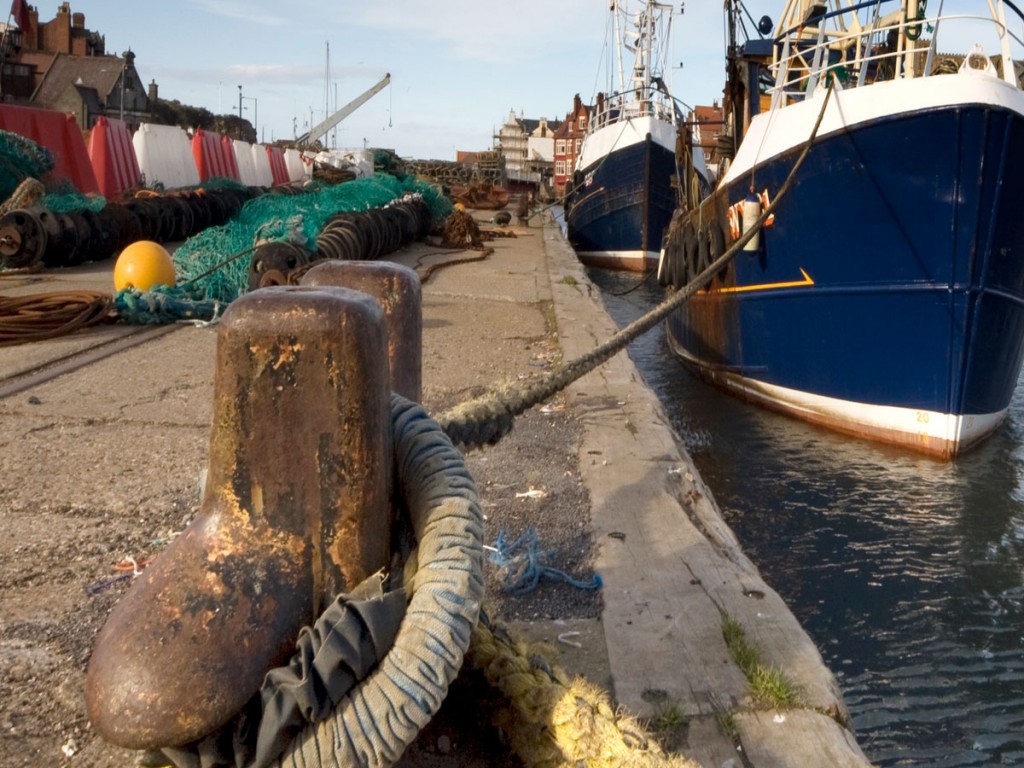British fishermen were among the most vocal Brexit supporters, long chafing at what they believed to be unfair EU practices that cut into their catch. These same communities, however, were livid to discover in December that Prime Minister Boris Johnson had agreed to a 5 1/2-year extension of EU fishing rights in UK waters, with the possibility of additional concessions further down the road. This giveback was an essential part of the deal hammered out to allow a free-trade agreement between the UK and EU. The agreement came on Christmas Eve last year, just one week before Brexit took effect.

“Throughout the fishing industry there is a profound sense of disillusionment, betrayal, and fury that after all the rhetoric, promises and assurances, the government caved-in on fish,” The National Federation of Fishermen’s Organisations said in a statement shortly after the agreement was announced. “The best opportunity in a generation for a different and better future has been squandered.”
However, not even the most pessimistic critics could imagine just how badly the initial days of Brexit would hammer the UK fishing industry. In the first two months of this year, shellfish exports plummeted by 74%, while salmon exports dropped a jaw-dropping 80%.
In 2019, the last “normal” year, UK seafood exports totaled just over 2 billion pounds, some 74% of which by volume was destined to the EU.
Especially when it comes to shellfish, the UK industry is dominated by smaller traders. They were especially hard hit, caught completely unprepared for the bureaucratic paperwork necessary to export fresh food to the EU. This became especially problematic since they tend to combine exports together.
One fisherman “might land some crab, another some lobster, another some langoustines, and in the good old days of 2020, they were relatively easy to bundle up,” explained Aoife Martin, operations director at Seafresh, a UK public agency supporting the industry. “But if you’ve got lots of those smaller operations, the logistics behind not just getting that product and exporting it fresh, but getting that product and getting it through the new system is significant.”
In January, many distributors either didn’t try to export or gave up after initial frustration. Stories of expansive delays and expensive, spoiled shipments underscored their unwillingness to try. “After a couple of attempts at trading, some businesses just stopped because they could see it was just too chaotic and they thought they were better off waiting,” said Martin. “Shellfish is highly perishable, so there isn’t much room for maneuver if things do end up getting delayed at the border.”
The new regulations came at the most inopportune of times. As with other trade, Covid exacerbated the immediate impact of Brexit for seafood. And, as with other foodstuffs, traders had exported seafood and then stockpiled them as best they could before the new regulations came into effect.
Accentuating ill-feelings, the UK government postponed reciprocal customs checks, so imported seafood didn’t suffer nearly as much. According to provisional figures, first quarter imports from the EU were down in value by 17%, although volume dropped by 31%.
As traders wrestled with ways to overcome the new barriers, they realized that they needed to change some ways of doing business. They are being forced to digitalize paperwork, for example.
However, most of these new approaches translated into additional costs. “Two things have changed permanently. One is that it takes longer to get product into Europe than it did previously,” said Martin. “Secondly, it is more expensive.”
To be sure, UK seafood exports have rebounded somewhat, and the first quarter exports to the EU were down about 50%. What’s helped is that European consumers appear willing to pay more for their seafood.
“In January and February, it was described utter chaos,” said Martin. From February onwards, I’ve heard the industry describe it as a slightly organized chaos. So, things did improve.”



